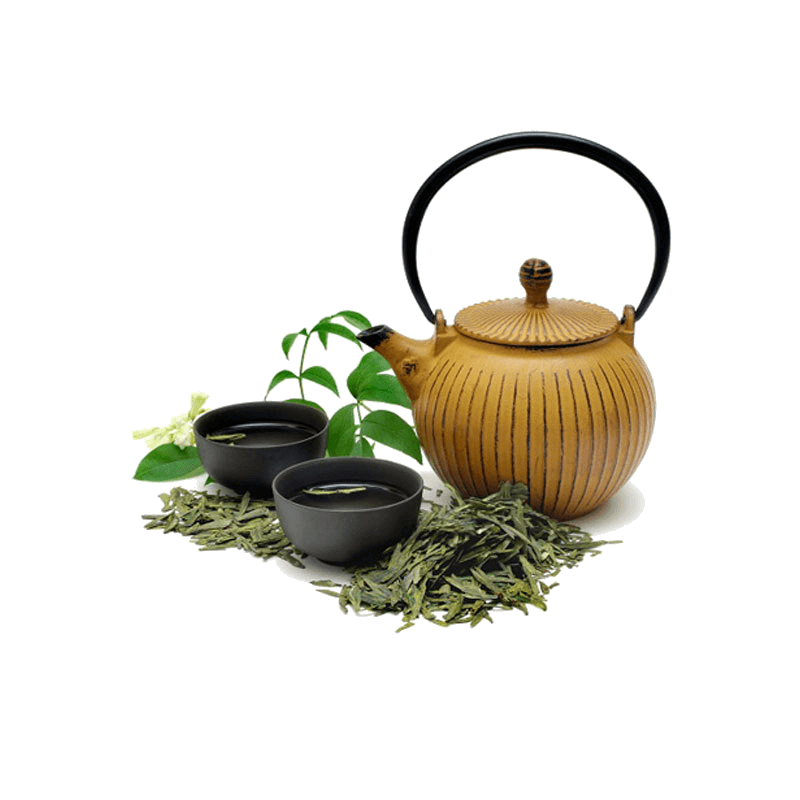-
 Afrikaans
Afrikaans -
 Albanian
Albanian -
 Amharic
Amharic -
 Arabic
Arabic -
 Armenian
Armenian -
 Azerbaijani
Azerbaijani -
 Basque
Basque -
 Belarusian
Belarusian -
 Bengali
Bengali -
 Bosnian
Bosnian -
 Bulgarian
Bulgarian -
 Catalan
Catalan -
 Cebuano
Cebuano -
 Corsican
Corsican -
 Croatian
Croatian -
 Czech
Czech -
 Danish
Danish -
 Dutch
Dutch -
 English
English -
 Esperanto
Esperanto -
 Estonian
Estonian -
 Finnish
Finnish -
 French
French -
 Frisian
Frisian -
 Galician
Galician -
 Georgian
Georgian -
 German
German -
 Greek
Greek -
 Gujarati
Gujarati -
 Haitian Creole
Haitian Creole -
 hausa
hausa -
 hawaiian
hawaiian -
 Hebrew
Hebrew -
 Hindi
Hindi -
 Miao
Miao -
 Hungarian
Hungarian -
 Icelandic
Icelandic -
 igbo
igbo -
 Indonesian
Indonesian -
 irish
irish -
 Italian
Italian -
 Japanese
Japanese -
 Javanese
Javanese -
 Kannada
Kannada -
 kazakh
kazakh -
 Khmer
Khmer -
 Rwandese
Rwandese -
 Korean
Korean -
 Kurdish
Kurdish -
 Kyrgyz
Kyrgyz -
 Lao
Lao -
 Latin
Latin -
 Latvian
Latvian -
 Lithuanian
Lithuanian -
 Luxembourgish
Luxembourgish -
 Macedonian
Macedonian -
 Malgashi
Malgashi -
 Malay
Malay -
 Malayalam
Malayalam -
 Maltese
Maltese -
 Maori
Maori -
 Marathi
Marathi -
 Mongolian
Mongolian -
 Myanmar
Myanmar -
 Nepali
Nepali -
 Norwegian
Norwegian -
 Norwegian
Norwegian -
 Occitan
Occitan -
 Pashto
Pashto -
 Persian
Persian -
 Polish
Polish -
 Portuguese
Portuguese -
 Punjabi
Punjabi -
 Romanian
Romanian -
 Russian
Russian -
 Samoan
Samoan -
 Scottish Gaelic
Scottish Gaelic -
 Serbian
Serbian -
 Sesotho
Sesotho -
 Shona
Shona -
 Sindhi
Sindhi -
 Sinhala
Sinhala -
 Slovak
Slovak -
 Slovenian
Slovenian -
 Somali
Somali -
 Spanish
Spanish -
 Sundanese
Sundanese -
 Swahili
Swahili -
 Swedish
Swedish -
 Tagalog
Tagalog -
 Tajik
Tajik -
 Tamil
Tamil -
 Tatar
Tatar -
 Telugu
Telugu -
 Thai
Thai -
 Turkish
Turkish -
 Turkmen
Turkmen -
 Ukrainian
Ukrainian -
 Urdu
Urdu -
 Uighur
Uighur -
 Uzbek
Uzbek -
 Vietnamese
Vietnamese -
 Welsh
Welsh -
 Bantu
Bantu -
 Yiddish
Yiddish -
 Yoruba
Yoruba -
 Zulu
Zulu
May . 22, 2025 10:54 Back to list
Premium Selected Sunflower Seeds Exporters & Manufacturers Bulk Supply
- Industry Overview & Market Data Insights
- Technological Superiority in Seed Processing
- Comparative Analysis of Global Suppliers
- Customized Packaging Solutions
- Quality Control Frameworks
- Cross-industry Application Scenarios
- Sustainable Sourcing & Future Outlook

(selected sunflower seeds)
Why Selected Sunflower Seeds Dominate Global Agri-Exports
The global trade of selected sunflower seeds
reached $18.7B in 2023, with 62% originating from certified exporters specializing in high-oil varieties. This 8.9% CAGR growth since 2019 reflects shifting consumer preferences toward nutrient-dense snacks. Premium-grade kernels now account for 41% of total sunflower seed exports, compared to 28% in 2018.
Advanced Processing Technologies
Leading manufacturers employ multi-stage optical sorting systems achieving 99.8% purity rates. The patented HS-24 dehulling technology preserves 92% of natural oils compared to traditional methods (78-84%). Automated moisture control chambers maintain precise 6.2-6.8% humidity levels during storage.
Supplier Capability Matrix
| Features | Manufacturer A | Manufacturer B | Manufacturer C |
|---|---|---|---|
| Annual Capacity | 200,000 MT | 145,000 MT | 180,000 MT |
| Certifications | ISO 22000, FSSC 22000 | HACCP, BRCGS | ISO 9001, Kosher |
| Customization | 23 Size Gradients | 18 Size Gradients | 15 Size Gradients |
| Moisture Variance | ±0.3% | ±0.5% | ±0.4% |
Tailored Commercial Solutions
Exporters now offer 12 standardized packaging configurations with optional nitrogen flushing for extended shelf life. Bulk container loading efficiency has improved to 98.3% cubic space utilization through proprietary stacking algorithms. Private-label clients can access modular production lines supporting 57 SKU variations.
Quality Assurance Protocols
Three-tier inspection systems combine AI-powered defect detection (99.2% accuracy) with manual sampling at 2% intervals. All shipments undergo mandatory mycotoxin screening via HPLC-MS/MS instrumentation, maintaining undetectable levels (<0.5ppb) across 98.6% of batches.
Industrial Utilization Patterns
Food manufacturers utilize 68% of commercial-grade kernels, while pharmaceutical companies source 22% for oil extraction. The remaining 10% supplies cosmetic producers seeking natural emollients. A 2024 sector report shows 89% of protein bar manufacturers now prioritize selected sunflower seeds over peanuts.
Sustainable Sourcing of Selected Sunflower Seeds
Certified exporters have reduced water consumption by 37% since 2020 through closed-loop processing systems. Over 84% of leading manufacturers now participate in seed recycling programs, converting 92% of byproducts into livestock feed. Blockchain tracking now covers 76% of selected sunflower seed shipments, ensuring full supply chain transparency.

(selected sunflower seeds)
FAQS on selected sunflower seeds
Q: How do I verify the reliability of selected sunflower seeds exporters?
A: Check for certifications like ISO or HACCP, review client testimonials, and request product samples to assess quality and compliance with international standards.
Q: What criteria define high-quality selected sunflower seeds from manufacturers?
A: Look for uniform size, minimal broken shells, proper moisture content (8-10%), and adherence to food safety regulations during processing and packaging.
Q: Can selected sunflower seeds factories handle bulk orders with custom packaging?
A: Reputable factories typically offer scalable production, private-label packaging options, and MOQs starting from 10-20 metric tons, depending on customization requirements.
Q: How do selected sunflower seeds exporters ensure freshness during shipping?
A: Exporters use vacuum-sealed bags, moisture-resistant containers, and temperature-controlled logistics to preserve shelf life (typically 12-18 months) during transit.
Q: What certifications should a selected sunflower seeds manufacturer possess?
A: Essential certifications include ISO 22000 for food safety, Non-GMO verification, and country-specific approvals like FDA (US) or EU Organic certification for target markets.
-
Premium Sunflower Seeds – High Quality Sunflower Product from Leading Manufacturers & Exporters
NewsJul.08,2025
-
Premium Selected Sunflower Seeds - Reliable Manufacturer & Exporter
NewsJul.08,2025
-
Premium Sunflower Seeds Supplier & Manufacturer Wholesale Exporter
NewsJul.07,2025
-
Premium Original Sunflower Seed Exporters & Manufacturers Top Factories Supply Bulk Seeds Worldwide
NewsJul.07,2025
-
Original Sunflower Seed Supplier & Exporter Premium Manufacturer & Factories
NewsJul.07,2025
-
Premium Original Sunflower Seed Supplier – Top Manufacturer & Exporters
NewsJul.06,2025
